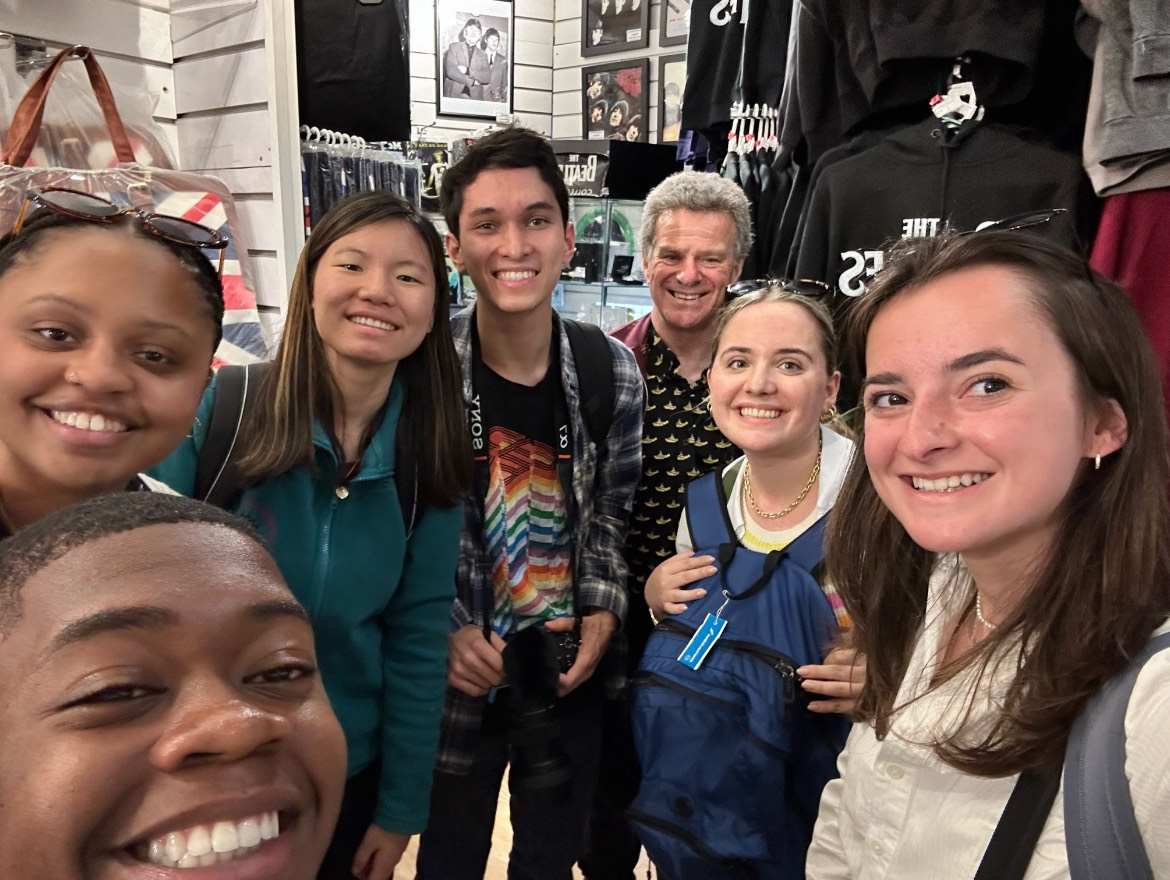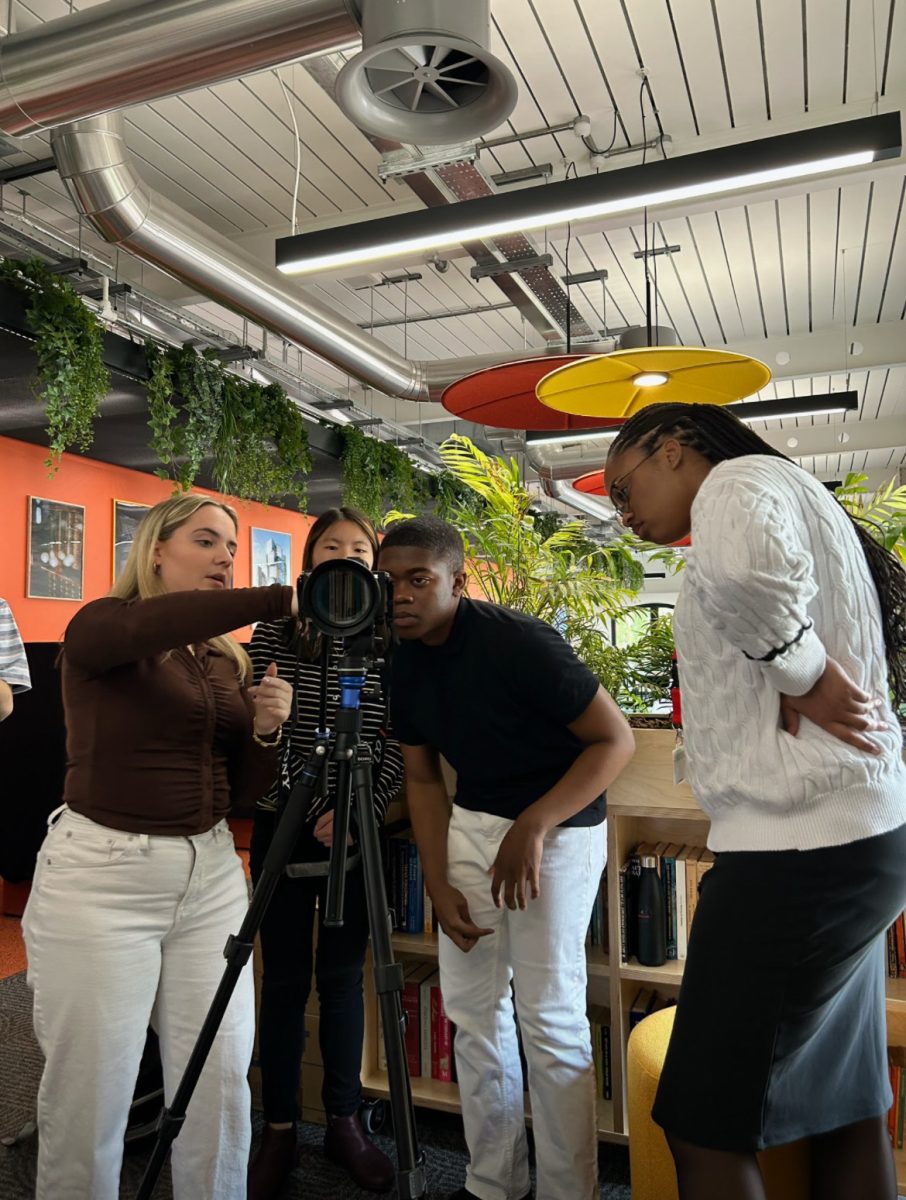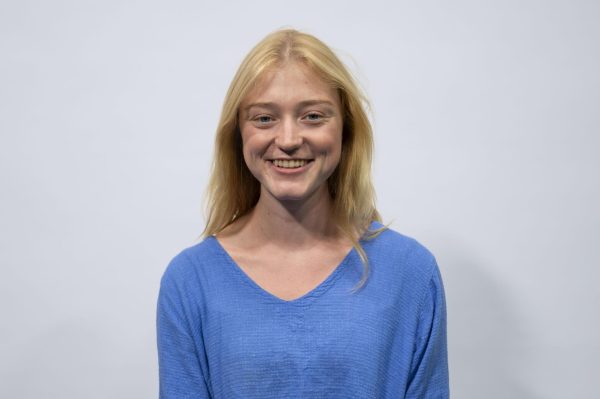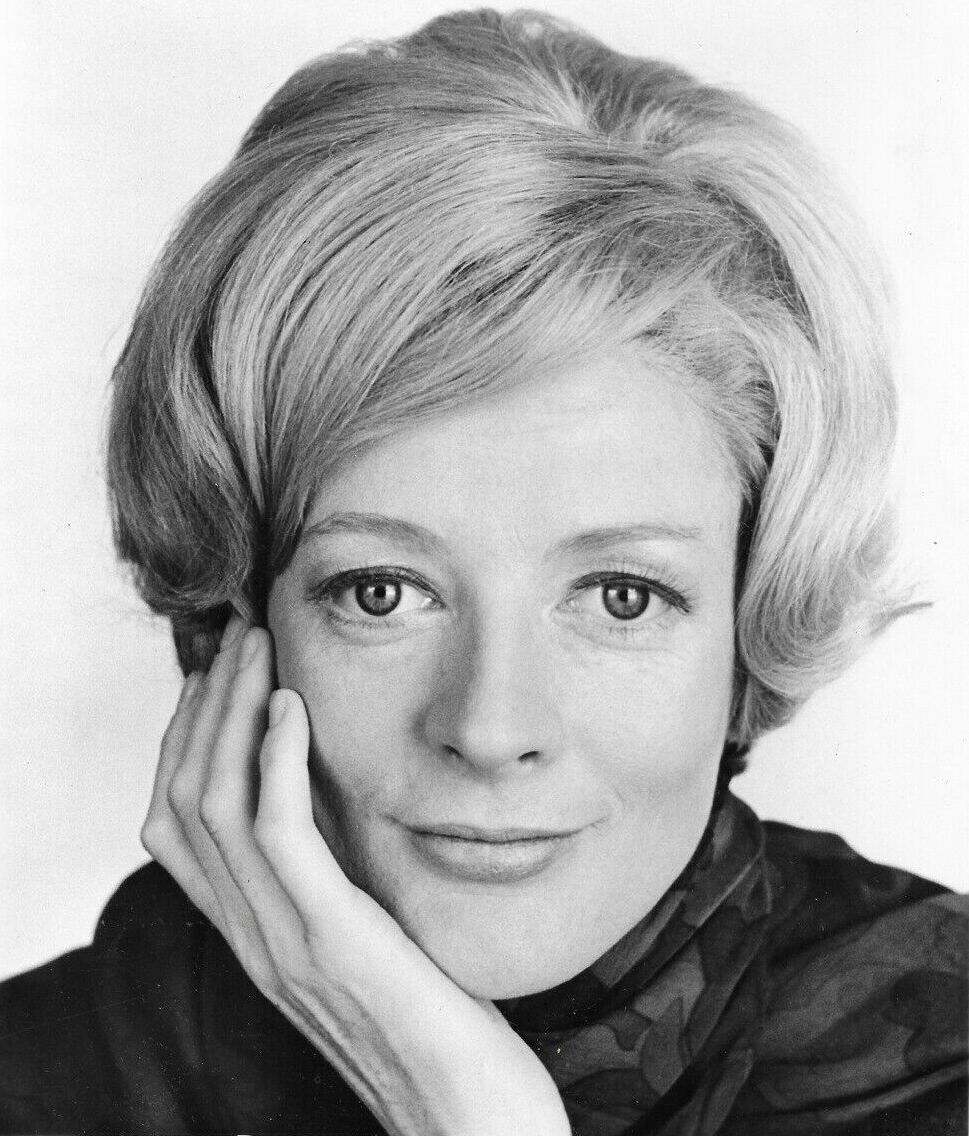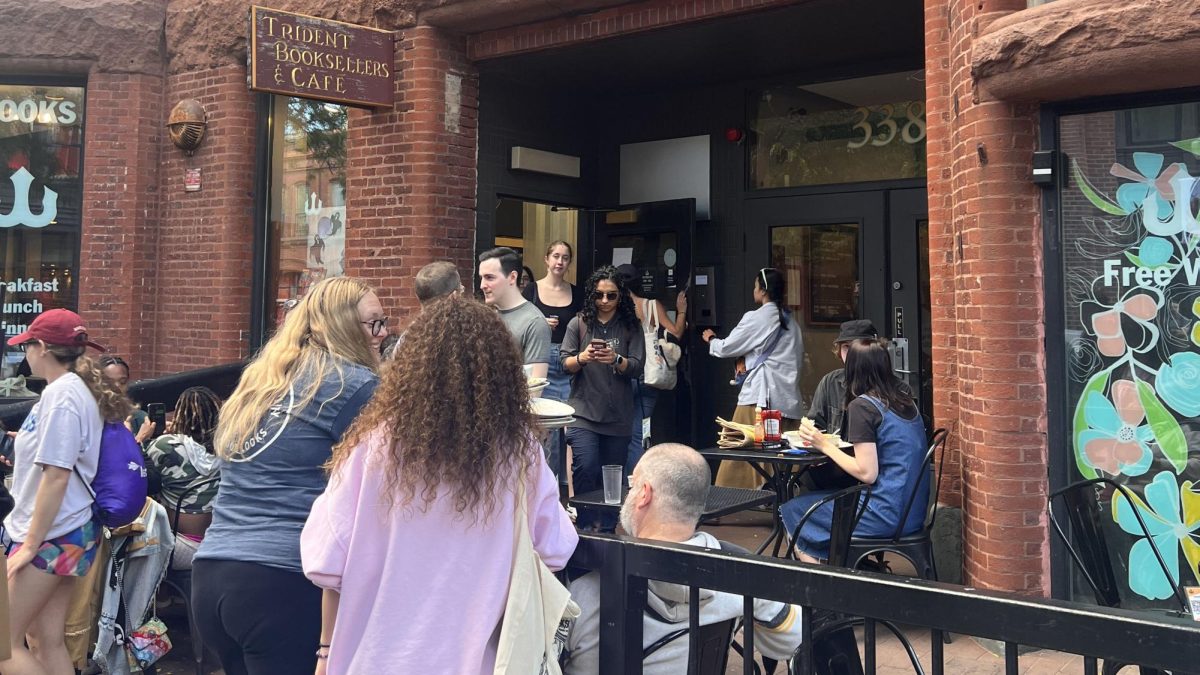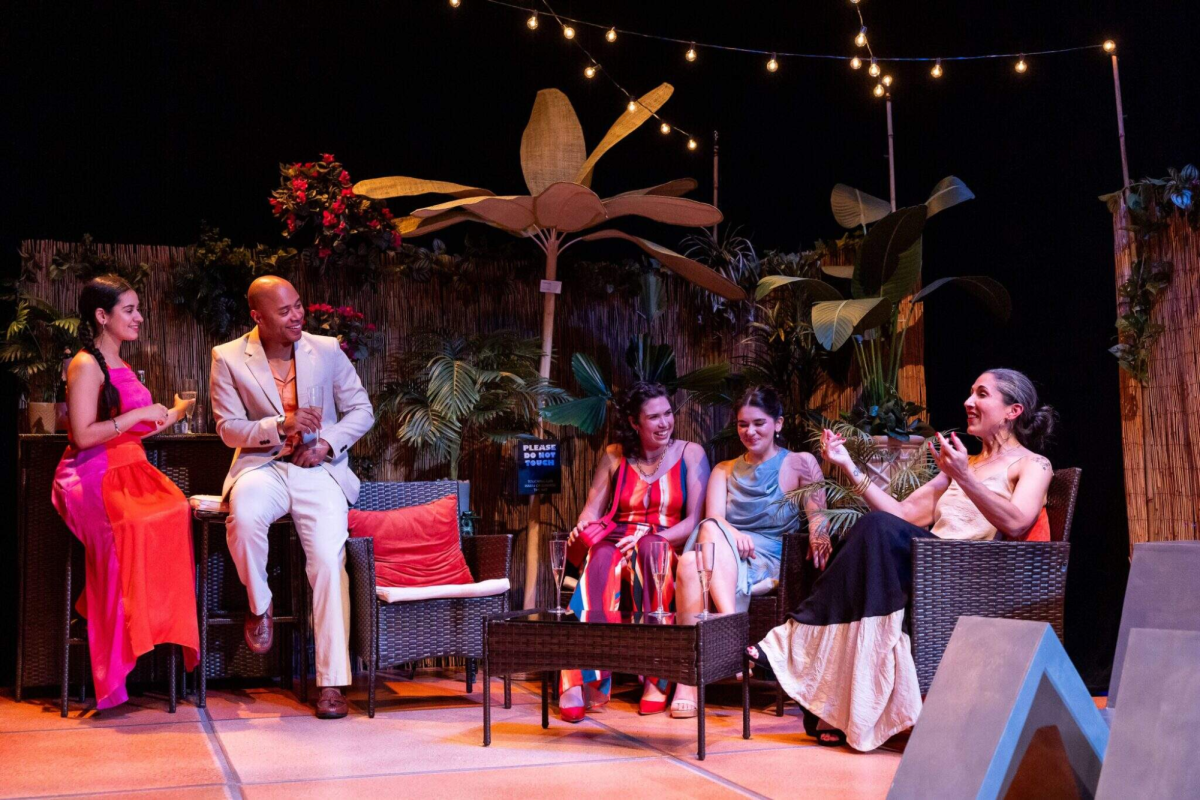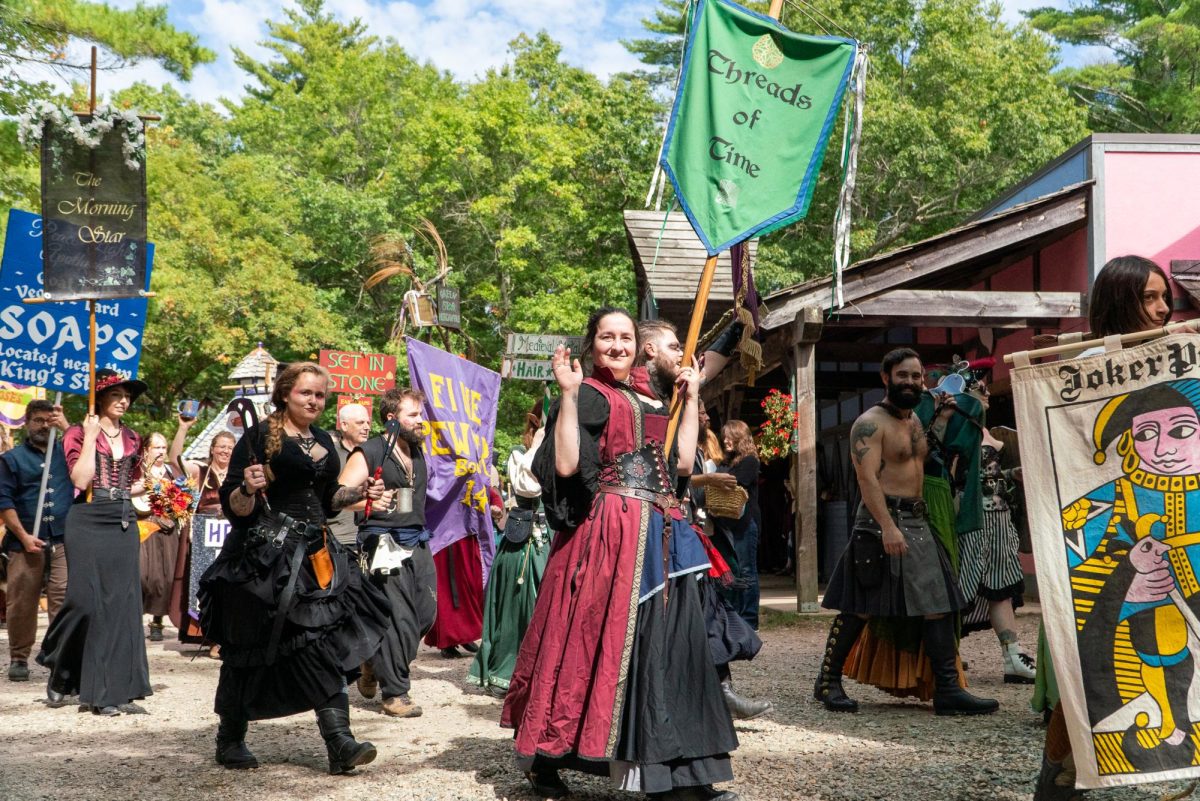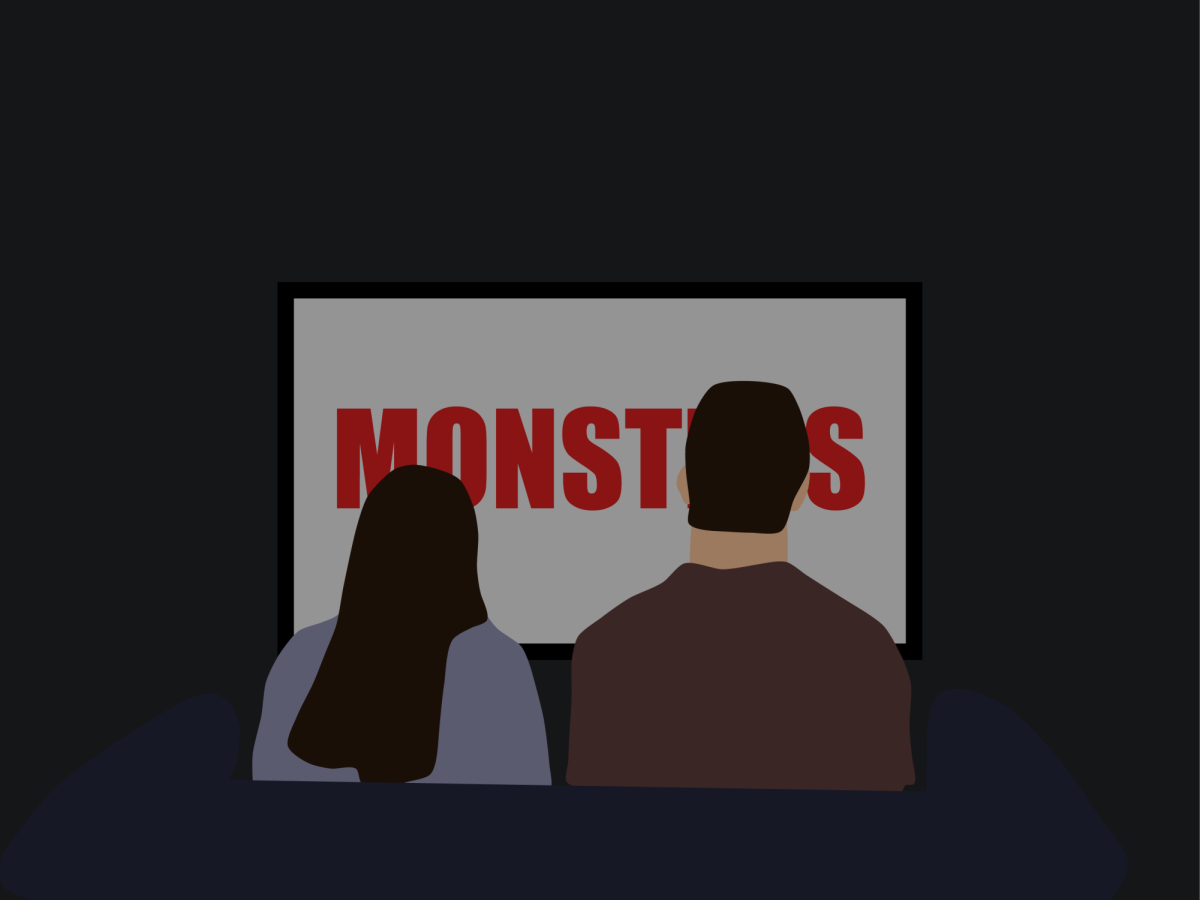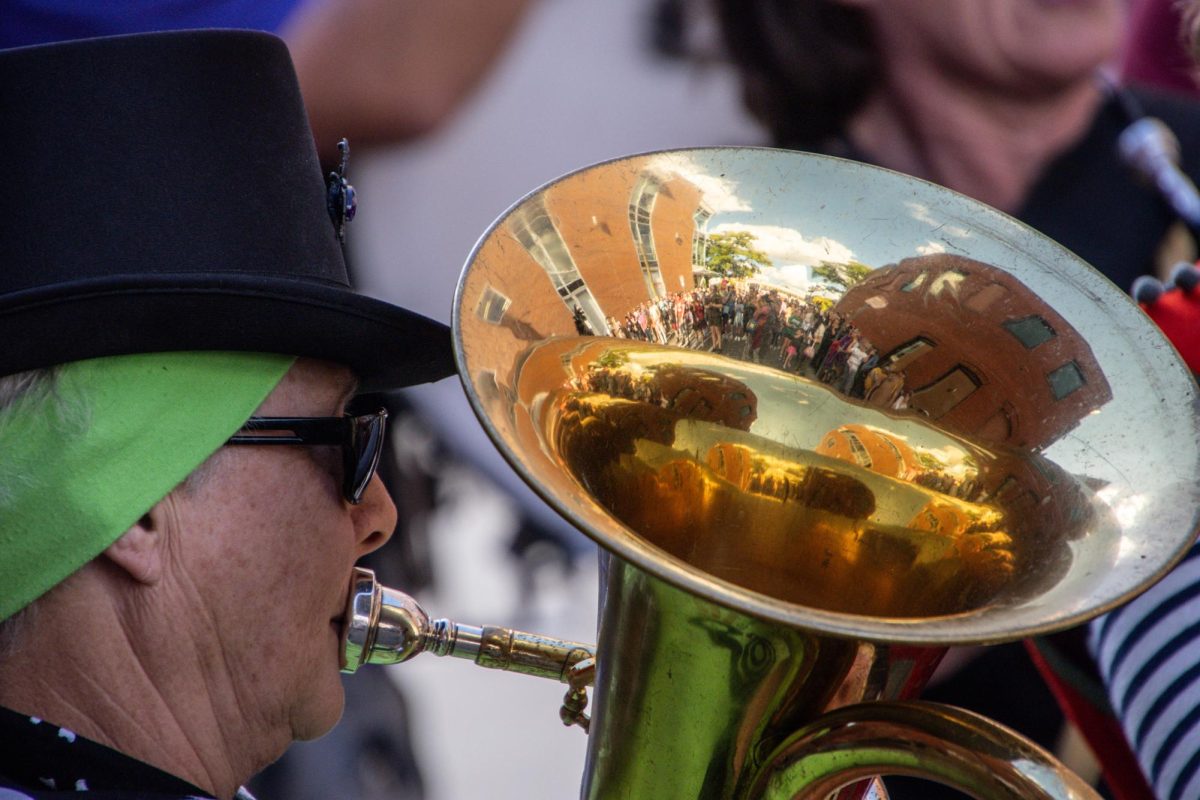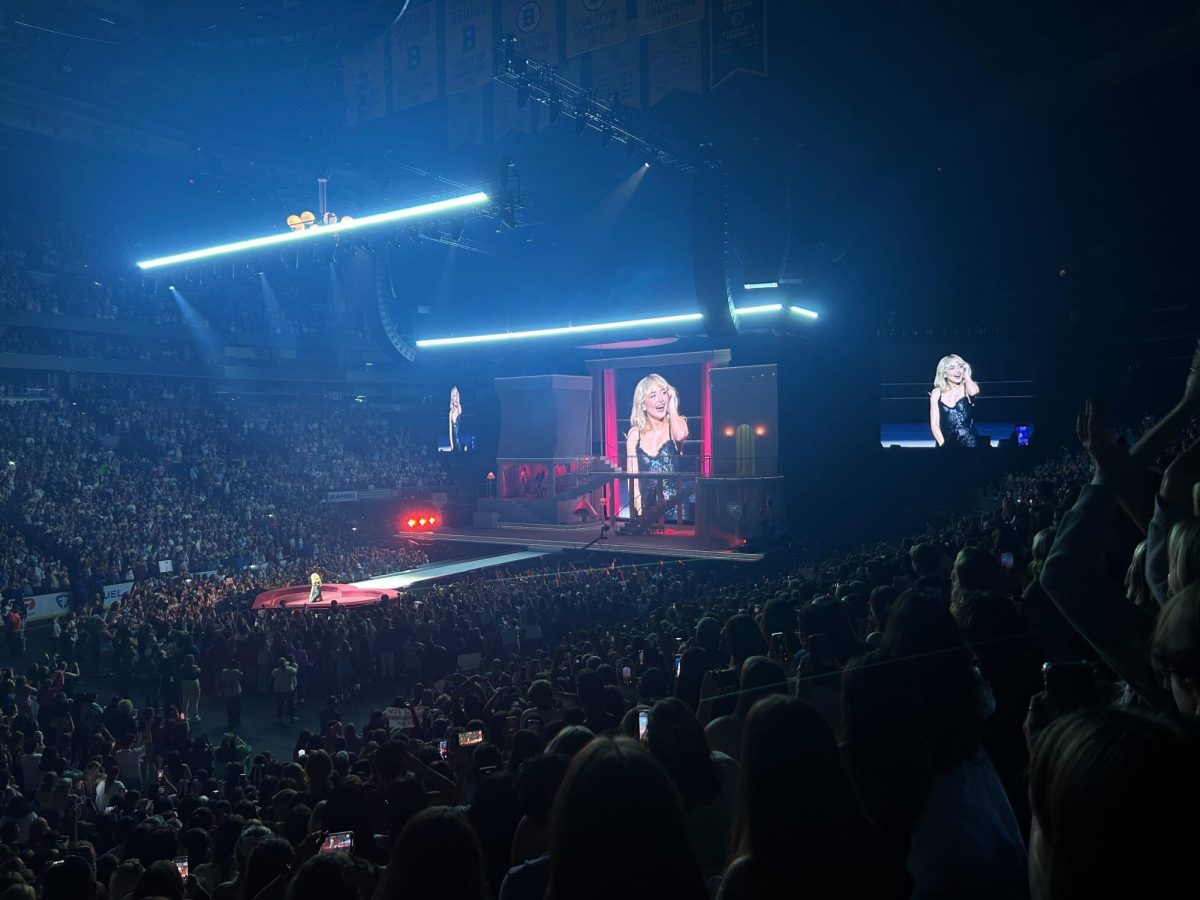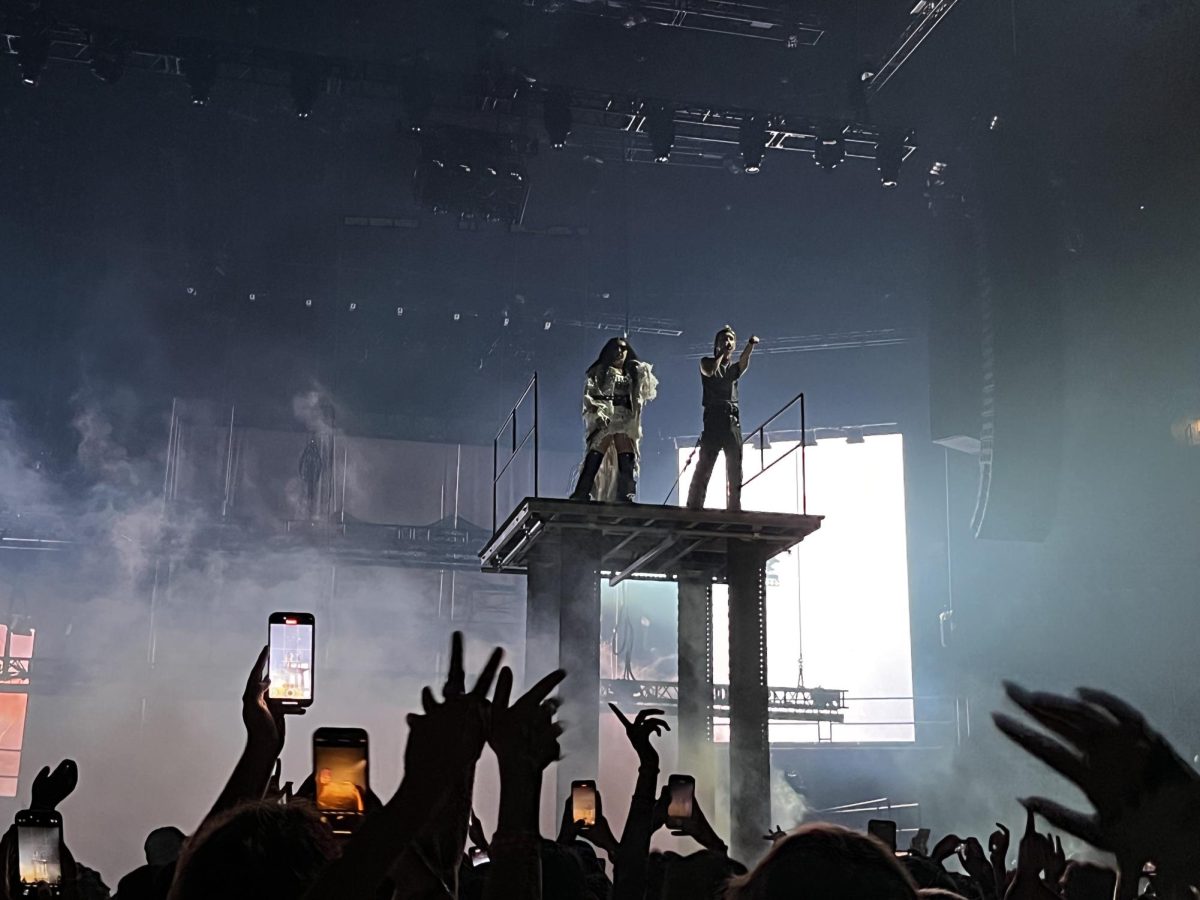For many, creating a documentary in just one month with strangers in a new country sounds like a nightmare, but for six Northeastern students, it was the experience of a lifetime.
The group, on its English Culture and Documentary Filmmaking Dialogue of Civilization in London last summer, created a documentary titled “The Beatles and Beyond: A Lasting Legacy,” which has now been nominated for an award at the Garden State Film Festival and submitted for a Student Emmy.
Students partaking in the dialogue program grouped together based on interests and potential documentary ideas. Clara McCourt, Kaia Reed, Mimi Freund, Daniel Rateau, Luke Medalla and Mari Boschetti decided to form a group at a pre-departure meeting.
Rateau, a second-year music industry and communication studies combined major and writer for the film said the group shared a “collective bond around the idea of music,” which brought its members together.
“We originally went in with the idea of covering an artist from each decade to show the evolution from the ‘60s to the present day,” said Medalla, a second-year media arts and communication studies combined major and editor on the project.
Though the group’s members shared a passion for music, they had varying levels of production experience, which, they believe, contributed to the film’s success. Medalla said that before beginning their work, they sat down and discussed what each group member thought they would be good at — soon after, everything fell into place.
“It was kind of a collage of people from all different majors … so our group was kind of perfectly composed of all the different elements we needed,” Medalla said.
Once the group was solidified, it got to work researching and planning.
“We really had to hit the ground running once we landed,” said Freund, a third-year psychology major and producer for the film.
After its preliminary research, the group touched down in London with plans to focus on the legacy of British music.
However, after its first interview with Richard Osborne, a professor of music and creative industries at Middlesex University in London, the group realized one topic seemed to link all its research and interviewee responses.
“Everyone wanted to talk about The Beatles,” said Boschetti, a fourth-year business administration and communication studies combined major.
After this initial interview, the group “tailored the future questions for our second two interviews,” Freund said.
The group then interviewed Richard Porter, a Beatles historian and tour guide, and Matthew Worley, a professor and author of a book titled “Let’s Spend the Night Together: Sex, Pop Music and British Youth Culture, 1950s-80s.”
From these interviews, the group began forming a structure for the documentary, picking out themes each subject had touched on such as political statements and “Beatlemania.” The group also drew on answers from the interviewees to understand The Beatles’ lasting legacy and influence on more modern bands such as Electric Light Orchestra and Oasis.
Reed, a third-year communication studies and media arts combined major, was apprehensive to focus interviews solely around The Beatles.
“I was afraid that some of the men we interviewed would be like ‘You’re asking me about The Beatles, really?’” Reed said.
But the interview subjects thankfully disproved Reed’s apprehensions, and she recounts them as being very excited to share their perspectives.
McCourt, a fourth-year journalism major and the film’s director, attributes the interviewees for making the film so successful, saying “they became central characters just like John, Paul, George and Ringo,” and also participated voluntarily for free.
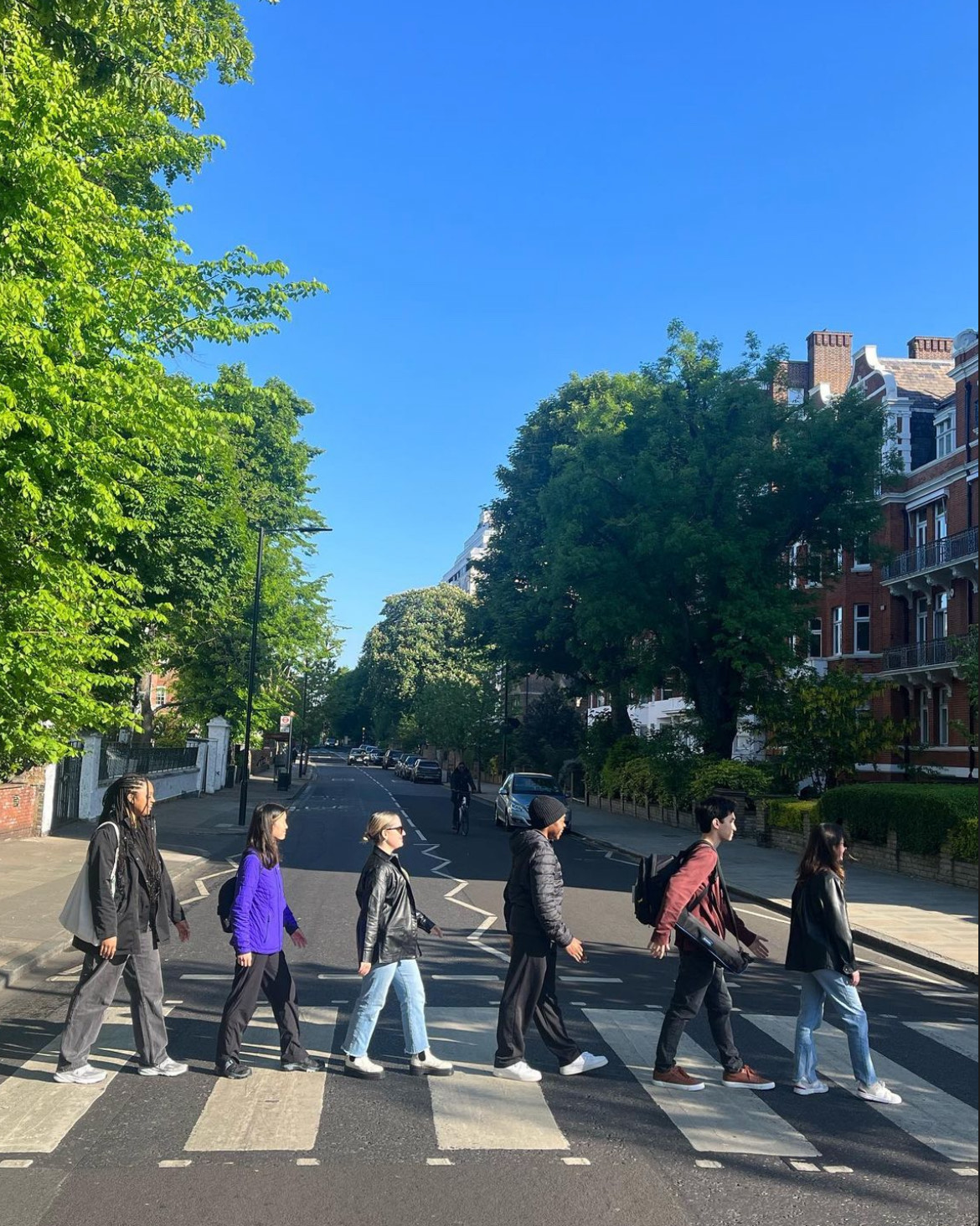
From there, the group let the interviews guide its b-roll collection and structure for the film. Of course, no Beatles documentary is complete without a trip to Abbey Road, which the group looks back on as one of the most special days.
“We left our building at 5:30 [a.m.] to get on one of those red buses … and it was magical because it was completely empty and the light was perfect for shooting,” McCourt said.
The group’s day at Abbey Road also brought memorable footage thanks to an older couple it ran into coincidentally, who happened to have been inside Abbey Road Studios.
“They recorded a video of the inside of the studio and said, ‘Do you want us to send you this so you can use the inside of Abbey Road in your documentary’… I was like, ‘Yes,’” Medalla said.
Once the shooting and interviewing were complete, the group started scripting. It had to make ample cuts since each interview ran longer than the 10-to-12-minute documentary length it was aiming for.
“We wanted to tell a very cohesive story, and the idea of a cohesive story does not always include the most fun fact or the most interesting thing about The Beatles,” Rateau said.
After forming a cohesive script — one that Reed described as “chaotic-good” — the group started editing. Medalla says it was primarily his responsibility to translate the script, archival footage and sound bites into something more visually pleasing.
Once Medalla had a rough cut, he invited his group members to screen it in one of their tiny London residence halls. McCourt remembers her and Boschetti shedding a few tears.
“It was a great feeling … we had been working towards this for about three or four months and we had something that we’re all proud of … it was a great feeling,” McCourt said.
The group then screened the film for its class, which also led to some waterworks.
“I remember all of us looking at each other like, ‘Oh my God, we made someone cry, we’re doing our job,’” McCourt said.
The tears were indicative of what was to come, and Rateau said exciting things have been in motion since finishing the film. Freund said that she didn’t expect anything in terms of awards, but the group is very excited about the response.
The group submitted the film to other festivals and is now awaiting responses. Most of them maintain that even though the accolades are great, they are most thankful to have participated in the experience.
“I think it was the best experience at Northeastern I’ve had,” Freund said — and she’s not alone.
Reed and Rateau went so far as to say it had profound impacts on their lives, and Boschetti called it “true experiential learning … which is the best way to learn.”
For some of the members, it shifted their career trajectories.
“I fell in love with it, so I’m looking for jobs in the entertainment industry, which is not something I saw myself doing,” McCourt said.
Rateau also discovered a new skill that could potentially turn into a career.
“Scriptwriting is something that I would definitely be interested in doing, either as a side thing or, like, even if my whole entire life trajectory changes, I would love to go down that route,” Rateau said.
For Reed and Medalla, who were already interested in production, the experience reinforced their passion.
Now, the film will have its own legacy and continue connecting younger audiences with The Beatles and their music, which McCourt says was one of the group’s primary goals.
“I think The Beatles mean so much to so many people and we didn’t want to mess it up,” McCourt said.
